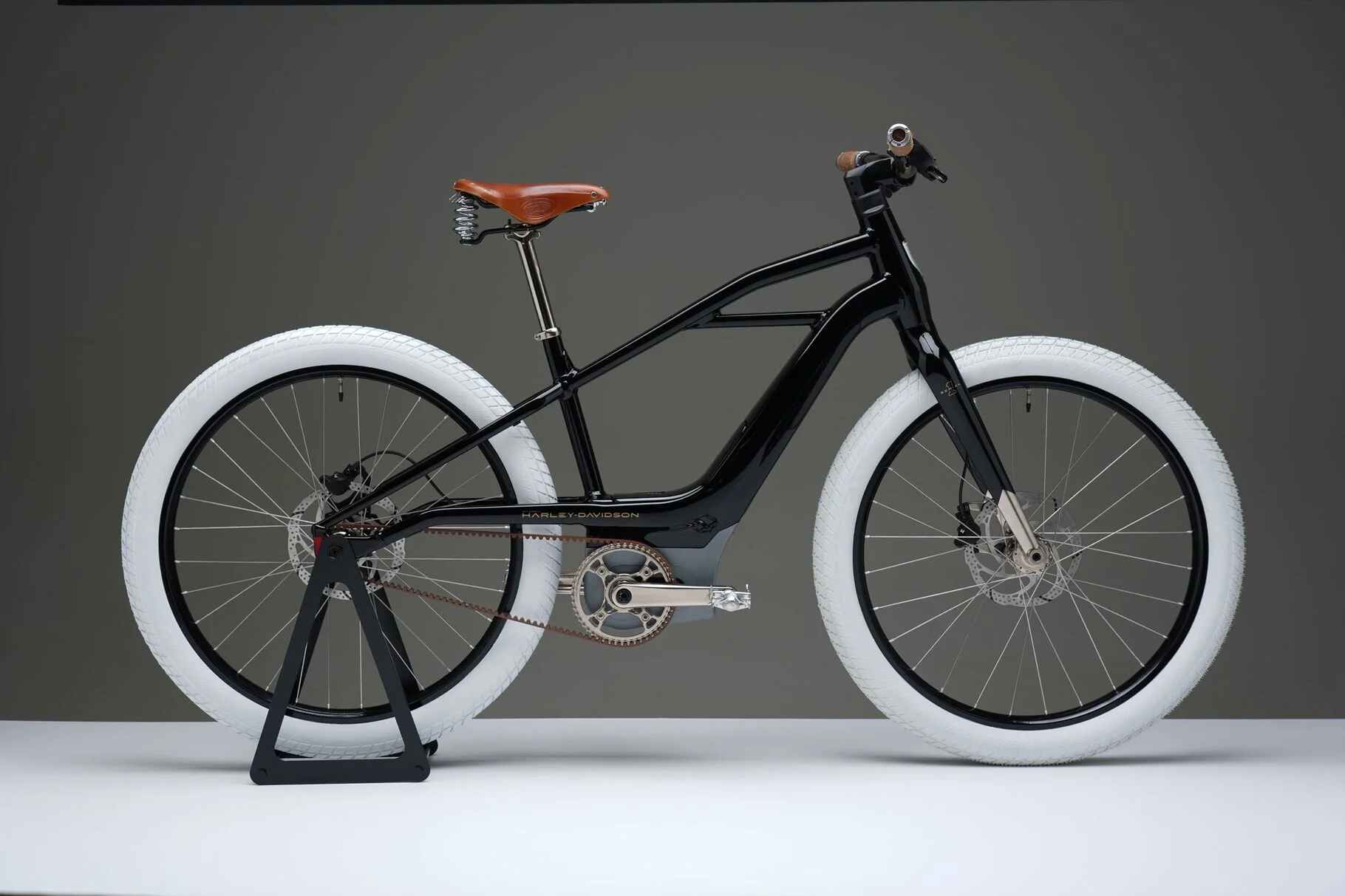Electric bikes are rapidly growing in popularity and governments are now slowly developing legislation and codes that will more accurately state the rights and usages of Ebikes.
In the United States, legislation has recently been put through in the form of Order 3376. While this sounds like something to do with a squadron of stormtroopers sent from the Empire, it is actually to do with new rules for eBike usage on public land. These rules were put in place in an attempt to simplify and solidify where you can and cannot use an electric bike.
Order 3376 was put forward by the Department of the Interior of the United States who recognised the health benefits that come with operating an eBike, along with providing aid to those dealing with issues of age, illness, and disability. This new order has united all eBike regulation across the four sub-departments that deal with public land. This order intends to clear up many of the inconsistent policies that regulated eBike usage previously. Order 3376 basically puts eBike usage on the same level as regular bike usage. However the new rules will not apply to any lands managed by the US Forest Service.
What are the main changes?
A 3 class system has been adopted in order to classify them more clearly. The three classes of are as follows:
Class 1 electric bicycle: An electric bicycle with a motor that provides assistance exclusively when the rider is pedaling, and that does not provide any assistance when the bicycle reaches the speed of 20 miles per hour of without pedalling.
Class 2 electric bicycle: An e-bike with a motor that may be used exclusively to propel the bicycle, and that is not capable of providing assistance when the bicycle achieves the speed of 20 miles per hour.
Class 3 electric bicycle: An electric bike with a motor that gives assistance only when the rider is pedaling, and that stops providing any assistance when the bike reaches the speed of 28 miles per hour.
This 3-Class system classifies an electric bike as a bike that has a motor and fully operable pedals with a motor of 750W or below. For any bike greater than 750W, they fall under the same restrictions as non-highway motor vehicles. This classification reduces the previous confusion where some electric bikes where being considered motor vehicles. Under new regulations, electric bikes will be classified as traditional, non-motorized bicycles when ridden on lands managed by the Department of Interior.
In short, eBikes shall be permitted where traditional bicycles are permitted. The one significant difference is that eBikes that adhere to the three class system will also be allowed for usage in areas restricted for use for motor vehicles only.
Electric bikes have to be ridden with the same attention and care as traditional bicycles and requiring the same equipment. Any piece of equipment that is required for traditional bikes is also required with electric bikes on a state basis. A failure to follow these regulations will follow the same punishments as failing to operate a traditional bike.
Even admit the Coronavirus pandemic, US is passing legislation to confront the increasing demand for electric bikes and incorporate them safely and effectively into the current infrastructure. The UK appears to be very far behind in this department, allowing private companies to instantiate the change and giving them free reign with various alternative transport models, the main issue current being electric scooters, and then frantically and inefficiently retroactively passing incomprehensible and ill-conceived rules and regulations.
Will the UK begin to recognise the influx of electric bikes and start to sensibly work out a way to incorporate them into our daily lives?
URBAN ELECTRO is dedicated to bringing you the best deals for electric bikes on the market, from brand new, high powered E-MTBs to B-stock bargains









